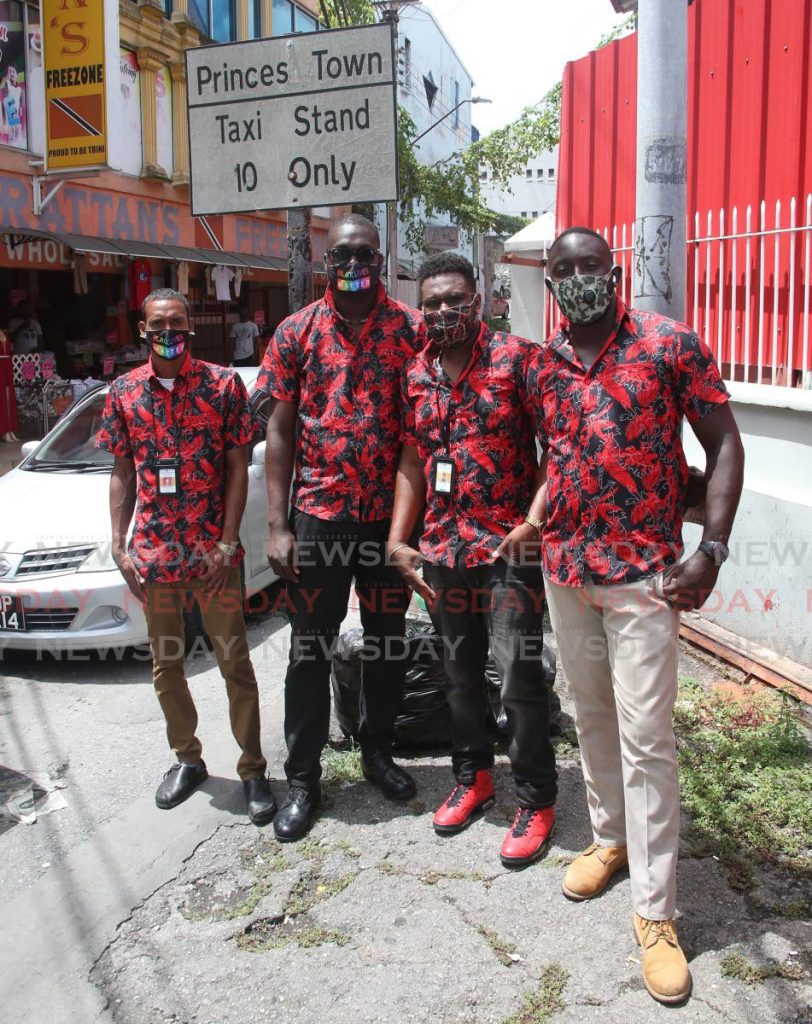‘Reach home safe':The taxi problem

THE initiative by drivers on the Princes Town taxi route to identify legitimate route taxi drivers by wearing colourful shirts seemed a welcome effort to raise the confidence of passengers seeking safe public transport.
The move was foreshadowed in February by Taxi Drivers Network president Adrian Da Costa, after public outrage about the murders of Andrea Bharrat and 18-year-old Ashanti Riley who were abducted while travelling.
Mr Da Costa called for a dress code for drivers and a greater emphasis on standardisation in the hired taxi sector.
Soon after the project was publicised, another fuss arose, with some drivers choosing not to wear the shirts and others wearing different-coloured shirts who were then accused of being "rogue drivers" trying to work the route.
The contretemps pointed to deeper problems at the taxi stand at Library Corner in San Fernando, after Princes Town Taxi Drivers Association president Dennis Jagessar called for an end to "thuggery" present at the parking area that drivers have been allocated to wait for passengers.
Mr Jagessar said the decision to wear the shirts was not an effort to adopt a uniform, and worried that "bad elements" could just buy a shirt and show up at the taxi stand.
At the core of this issue is the troubled reality of public transport in TT and the loosely enforced policing of unauthorised, “PH” taxi drivers.
At the February Works Ministry protest, executive members of the network, including Mr Jagessar and Mr Dacosta, called for an intervention in the issue of illegal PH drivers.
One of the suggestions offered on that occasion was the removal of fees for acquiring a taxi licence and establishing route identification for drivers and their vehicles.
The Works Ministry had previously announced it was in talks with PH drivers in December after Ashanti Riley’s murder.
The importance of formally licensed taxis has been diluted to the point that it is now an option in the public mind, not a requirement.
As a business, there are too many taxi drivers competing for business at peak hours and too few available at "off" hours and working more remote, difficult routes.
Efforts at creating a culture of ridesharing found purchase over the last two years, but remain, because of their cost, a middle-class phenomenon offering little utility to the greater mass of travellers.
PH drivers service those needs, but there is no formal system to separate scamps from legitimate drivers.
The situation does demand a formal intervention and a rapid resolution.
The technologies introduced with ridesharing offer one option, linking travellers with identified drivers.
This offers one way to introduce a thread of identification, tracking and accountability to a public transport system that is steadily spiralling into dangerous chaos.


Comments
"‘Reach home safe':The taxi problem"